Here is my usual annual post on digital crises featuring the most notable crises of 2019, either because they were particularly significant or simply ridiculous.
The top 5 digital crises of the year
- 5. Dolce & Gabbana: Dolce & Gabbana caused a massive controversy in China following video clips mocking the Chinese for being unable to eat spaghetti with chopsticks. The founder, Stefano Gabbana, who claimed he was hacked, also made derogatory private comments about China and the Chinese. The result: 120 million messages and a boycott campaign!
- 4. EU Disinfolab:In the wake of the Benalla affair, the NGO EU Disinfolab conducted a study on the disinformation circulating about the case. The results were questioned, and one of the founders, Nicolas Vanderbiest, shared raw data from the study, including the number of tweets by individuals about the Benalla case, along with a file dividing the online participants into three main clusters. Following this release, the NGO was accused of political profiling, triggering a crisis with over 400,000 tweets, including responses from Jean-Luc Mélenchon, Marine Le Pen, and other politicians.
- 3. H&M:The brand’s clothing featuring a black child wearing a hoodie with the caption "Coolest Monkey in the Jungle" generated an enormous volume of backlash (2.3 million tweets in just five days!), with public statements from artists like Puff Daddy and brand ambassadors The Weeknd and G-Eazy, who ended their collaborations. Moreover, H&M stores were vandalized in South Africa.
- 2.Danone:Danone faced a major boycott crisis in Morocco after anonymous comments accused the company of exploiting a monopoly to charge exorbitant prices. Initially, the country's authorities called those people "brainless." Subsequently, the brand had to backtrack, reduce its margins, and take a series of actions. The company’s revenue dropped by 40%.
- 1. Facebook:Following the Cambridge Analytica crisis, Facebook experienced a serious boycott campaign, led by hashtags such as #DeleteFacebook or #SupprimezFacebook, fueled by numerous other controversies and Mark Zuckerberg's public hearings.
The 5 Biggest Digital Crises of the Year
- Dare to Be Closer by Manix
In the Paris metro, Manix ran an ad featuring a Black man with the slogan "Dare to be closer." The reaction from viewers was uncomfortable, and the message was interpreted as racist.
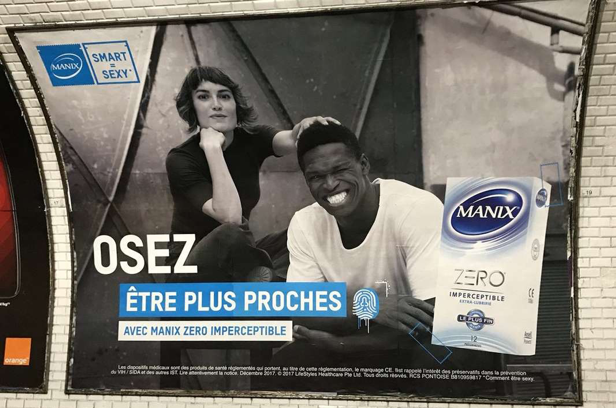 8 and 9. The Shirt Pinned to a T-Shirt... for 1,091 Euros and Worn Sneakers for 450 Euros!
8 and 9. The Shirt Pinned to a T-Shirt... for 1,091 Euros and Worn Sneakers for 450 Euros!
After their 1,695-euro Ikea bag, Balenciaga made waves again with a shirt pinned to a t-shirt costing a modest sum of... 1,091 euros!

Nordstrom experienced a similar backlash as Balenciaga with sneakers in a poor state, yet sold for 450 euros!

- The 5,000-Calorie Menu!
The fast-food chain East West Spice Greenock sparked controversy by offering a 5,000-calorie meal. It included: 2 liters of soda, potatoes, sausages, burgers, fried fish, onion rings, pizza, and fries. The fact that one meal could provide the nutritional needs of a person for over two days, thus promoting unhealthy eating, caused an uproar.
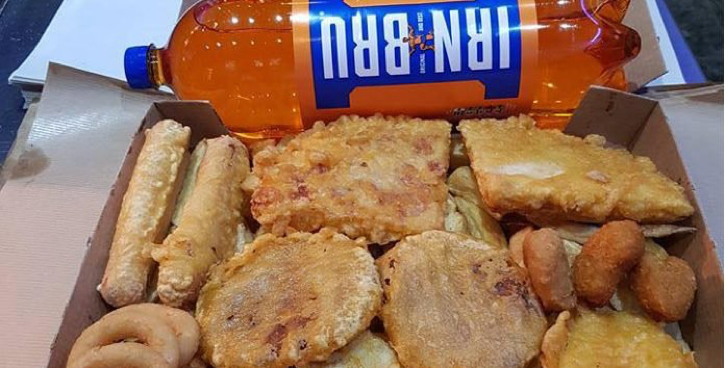
- The « Nique la France » products by La Redoute
A technical blunder came from La Redoute, as their website featured a special product section labeled "Screw France." According to the brand, which had previously had a bizarre episode involving a naked man, this was a "technical bug."
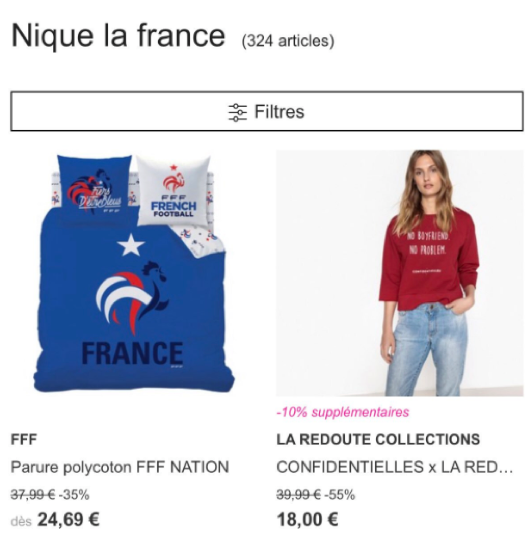 5. Charging Journalists in Style!
5. Charging Journalists in Style!
A Vanity Fair article sparked controversy with a "shopping" piece showcasing 7 yellow vests to "charge journalists in style." The article did not go over well with either journalists or the yellow vests movement.
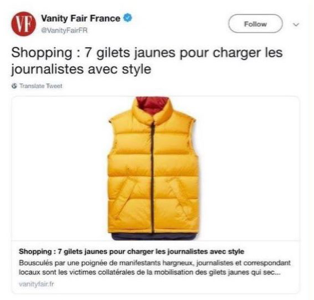 4. The organization that didn't see the #MeToo crisis coming
4. The organization that didn't see the #MeToo crisis coming
In Cap Ferret, a poster caused controversy within a feminist association, and later among internet users. The poster showed a cart, a woman, and the slogan "Pull her on the beach!" According to the person responsible, it was meant as a joke, and he announced the poster would be removed.
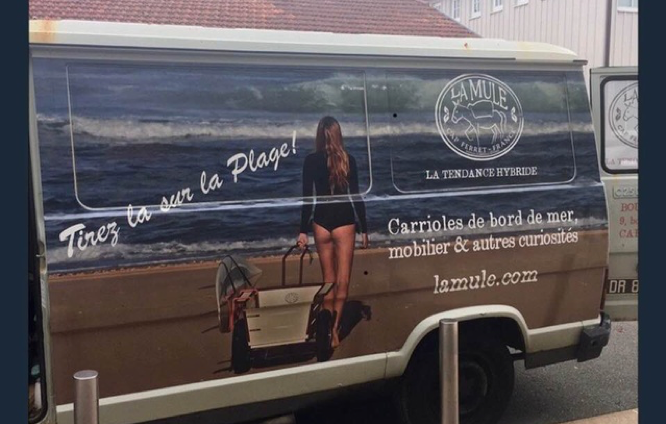 3. The pedal capital
3. The pedal capital
Elected officials and activists from the EELV party decided to label Montpellier as the "Pedal Capital" and created a mock sign to also position the city as "gay-friendly." The spokesperson for EELV Montpellier said, "We are presenting a bike plan with humor. I find this wordplay extraordinarily good, and I fully stand by it!" However, in their attempt to go viral, this statement turned into controversy, as the reference to homosexuals was deemed homophobic by Montpellier's mayor, Philippe Saurel.
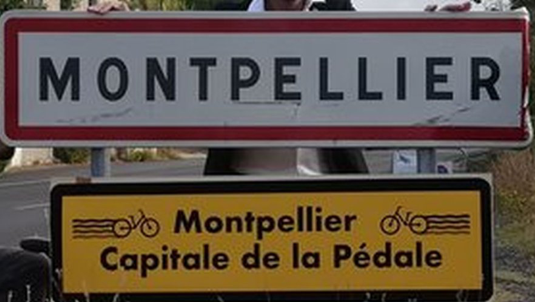
- The photoshop diversity of the Emile-Cohl Art School in Lyon
In an effort to promote their school in the United States, the Emile-Cohl art school made a photomontage of their students. Their communication agency decided to add more diversity by darkening the skin of some students. The difference between the photographs is striking:
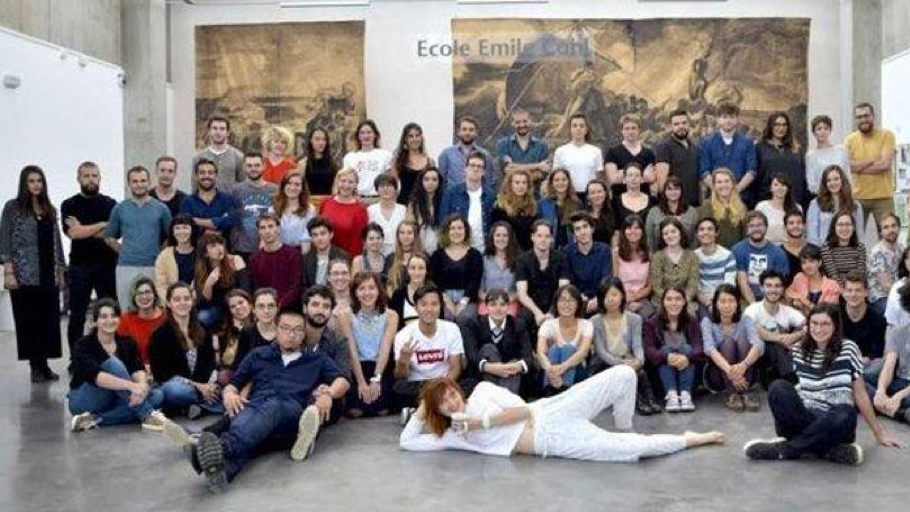
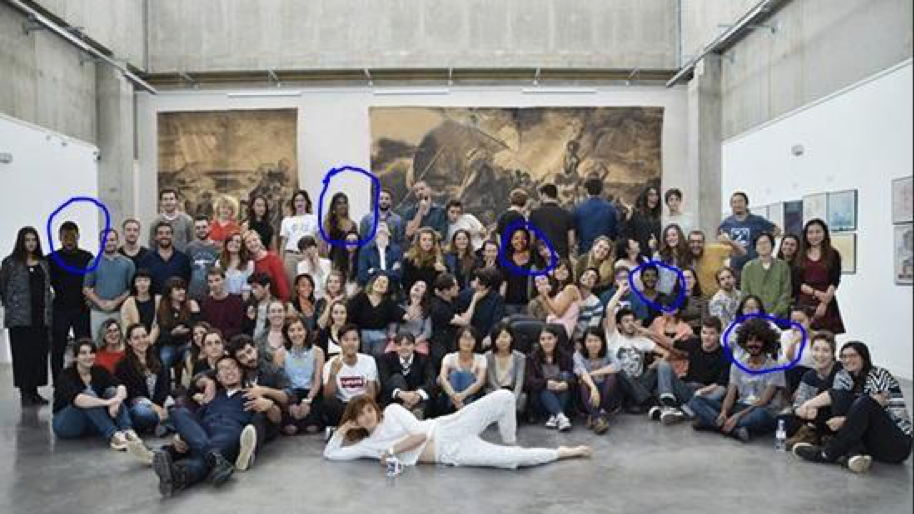
The school was subsequently accused of "blackwashing" on the social network Twitter.
- The Goat-Salamander
t was the blunder of the year: the sports newspaper L'Equipe, on their website, replaced the logo of FC Metz, which features a salamander, with... a goat!

Noticing this, the club issued a sharp response on Twitter.
For the rest of the study, download it here or via the image:
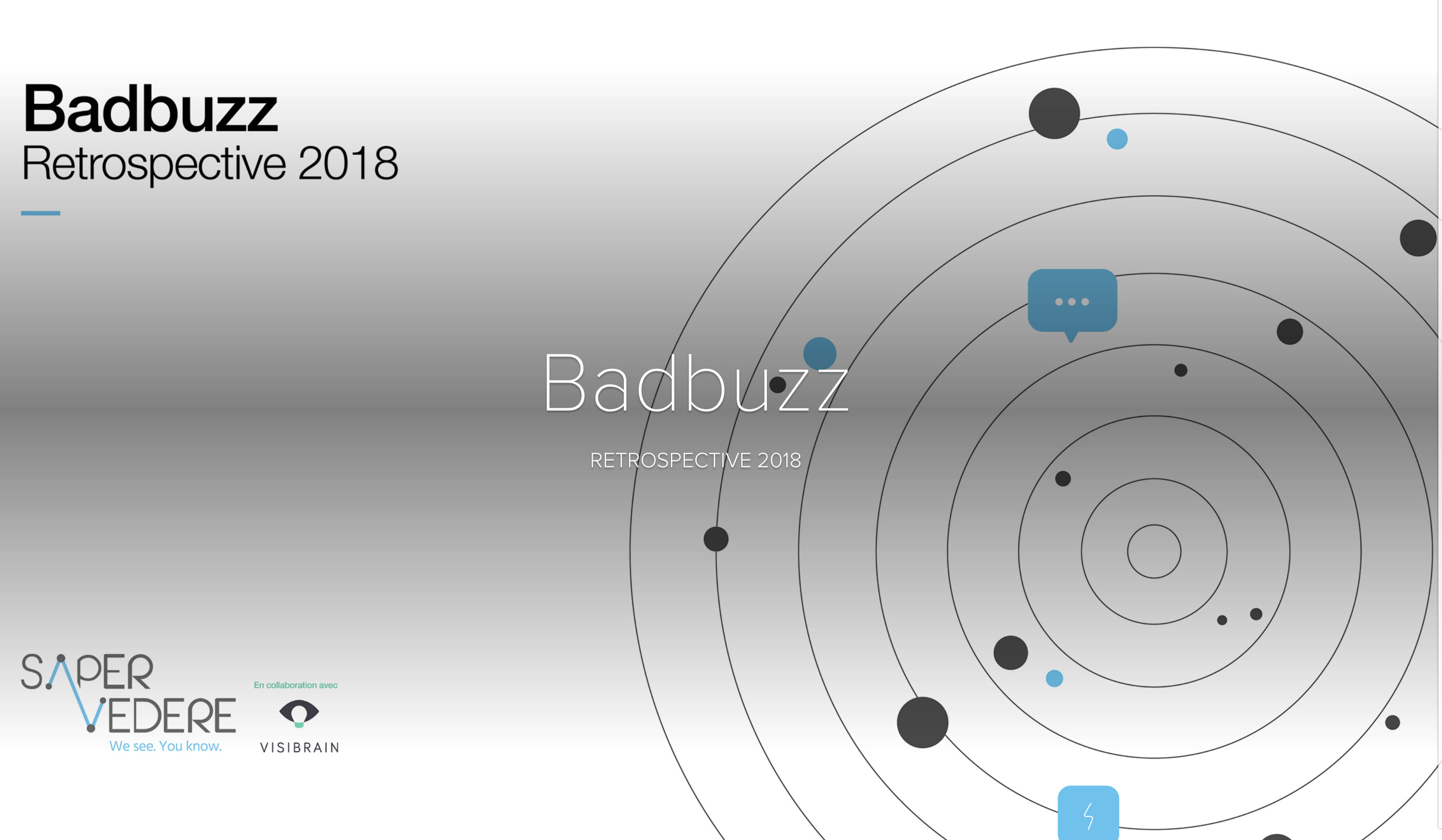

 8 and 9. The Shirt Pinned to a T-Shirt... for 1,091 Euros and Worn Sneakers for 450 Euros!
After their 1,695-euro Ikea bag, Balenciaga made waves again with a shirt pinned to a t-shirt costing a modest sum of... 1,091 euros!
8 and 9. The Shirt Pinned to a T-Shirt... for 1,091 Euros and Worn Sneakers for 450 Euros!
After their 1,695-euro Ikea bag, Balenciaga made waves again with a shirt pinned to a t-shirt costing a modest sum of... 1,091 euros!
 Nordstrom experienced a similar backlash as Balenciaga with sneakers in a poor state, yet sold for 450 euros!
Nordstrom experienced a similar backlash as Balenciaga with sneakers in a poor state, yet sold for 450 euros!


 5. Charging Journalists in Style!
A Vanity Fair article sparked controversy with a "shopping" piece showcasing 7 yellow vests to "charge journalists in style." The article did not go over well with either journalists or the yellow vests movement.
5. Charging Journalists in Style!
A Vanity Fair article sparked controversy with a "shopping" piece showcasing 7 yellow vests to "charge journalists in style." The article did not go over well with either journalists or the yellow vests movement.
 4. The organization that didn't see the #MeToo crisis coming
In Cap Ferret, a poster caused controversy within a feminist association, and later among internet users. The poster showed a cart, a woman, and the slogan "Pull her on the beach!" According to the person responsible, it was meant as a joke, and he announced the poster would be removed.
4. The organization that didn't see the #MeToo crisis coming
In Cap Ferret, a poster caused controversy within a feminist association, and later among internet users. The poster showed a cart, a woman, and the slogan "Pull her on the beach!" According to the person responsible, it was meant as a joke, and he announced the poster would be removed.
 3. The pedal capital
Elected officials and activists from the EELV party decided to label Montpellier as the "Pedal Capital" and created a mock sign to also position the city as "gay-friendly." The spokesperson for EELV Montpellier said, "We are presenting a bike plan with humor. I find this wordplay extraordinarily good, and I fully stand by it!" However, in their attempt to go viral, this statement turned into controversy, as the reference to homosexuals was deemed homophobic by Montpellier's mayor, Philippe Saurel.
3. The pedal capital
Elected officials and activists from the EELV party decided to label Montpellier as the "Pedal Capital" and created a mock sign to also position the city as "gay-friendly." The spokesperson for EELV Montpellier said, "We are presenting a bike plan with humor. I find this wordplay extraordinarily good, and I fully stand by it!" However, in their attempt to go viral, this statement turned into controversy, as the reference to homosexuals was deemed homophobic by Montpellier's mayor, Philippe Saurel.


 The school was subsequently accused of "blackwashing" on the social network Twitter.
The school was subsequently accused of "blackwashing" on the social network Twitter.
 Noticing this, the club issued a sharp response on Twitter.
For the rest of the study, download it here or via the image:
Noticing this, the club issued a sharp response on Twitter.
For the rest of the study, download it here or via the image:
